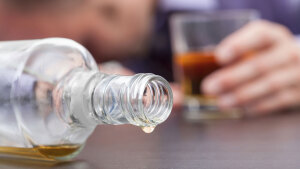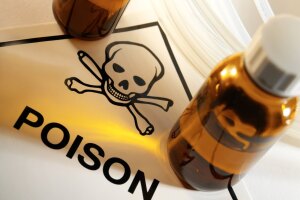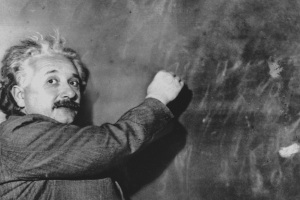Artificial intelligence and blockchain are changing the way we live. However, their great potential also comes with great challenges – particularly in terms of sustainability.
Welt der Wunder Redaktion
Technologies such as blockchain and artificial intelligence (AI) have opened up countless new possibilities for us. However, they also raise the question of how we can continue their development in a sustainable manner.
“I know it happened because I was there” – how many times have you found yourself saying or thinking that? However, you may have been lying without knowing it, because human memory is not as reliable as we think. We often only think we remember things because our memories can be manipulated without much effort.
Artificial intelligence is seen as the driver of digital transformation, but its energy consumption is enormous. Is it impossible to create energy efficient AI systems?
E-mobility is shaping the transformation of the global transport system. The combination of technological innovation, increasing demand and political pressure to reduce emissions has set in motion a transformation that, despite some teething problems, can no longer be stopped. The most exciting current developments in the industry:
Due to the rapid progress of climate change, methods such as CO₂ pricing and carbon credits have become quite popular in recent years. Will they stop climate change?
Energy self-sufficiency describes the ability to meet one’s own energy needs completely independently of external supply networks. At a time when energy prices are fluctuating and climate change requires urgent action, the concept is becoming increasingly attractive. These technologies are suitable for this and this is what they can do:
Industrial production is one of the largest consumers of energy and a major contributor to global greenhouse gas emissions. As energy prices rise and environmental regulations tighten, energy efficiency is becoming a top business priority.
We can fly like a bird or suddenly find ourselves naked in front of our boss: some of the things we experience in our sleep are just strange. With a few simple tricks, dreams can be experienced consciously – and even controlled.
The energy transition is one of the most ambitious projects of our time – a global shift towards a sustainable and climate-friendly energy supply. But the challenges are immense: Renewable energies such as wind and solar do not provide a constant supply of electricity, and the infrastructure in many countries is not designed for the necessary flexibility. This is where smart grids come into play.















